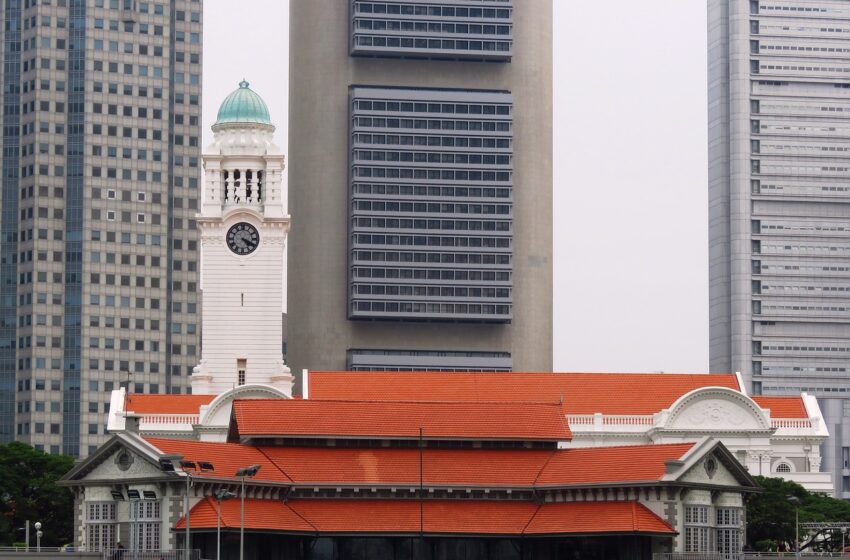Singapore’s Resolute Stand Against Corruption: A Paradigm Shift in Corporate Governance

Singapore, renowned for its commitment to transparency and robust governance, has recently faced a significant challenge to its pristine reputation. The Corruption Practices Investigation Bureau has taken decisive action by filing 27 charges against former Transport Minister S. Iswaran. This move is not only emblematic of Singapore’s unwavering commitment to combating corruption but also underscores the government’s determination to maintain the highest ethical standards.
At the centre of the allegations is Iswaran’s purported acceptance of kickbacks totaling $286,000 from property tycoon Ong Beng Seng. The accused, who promptly resigned from his ministerial position, vehemently denies all charges. The accusations span a period dating back to 2015 and encompass various privileges, including tickets to West End musicals, football matches, and Formula 1 races.
This scandal, one of the most high-profile corruption cases involving a minister in the last four decades, has prompted authorities to take a strong and unprecedented stance. The goal is not only to address the specific allegations but also to set a powerful precedent that corruption will not be tolerated at any level of government. Singapore’s reputation as a global financial hub and a beacon of good governance is on the line, and the government is determined to uphold the integrity that underpins its success.
This development comes at a sensitive juncture for Singapore, grappling with a $2 billion money laundering case and navigating a leadership transition. With elections looming in 2025, the government’s resolute stance is positioned not only to address immediate challenges but also to fortify public trust and confidence in the ruling party. The meticulous handling of this scandal underscores Singapore’s commitment to accountability, reinforcing its position as a global leader in corporate governance and ethical conduct.






